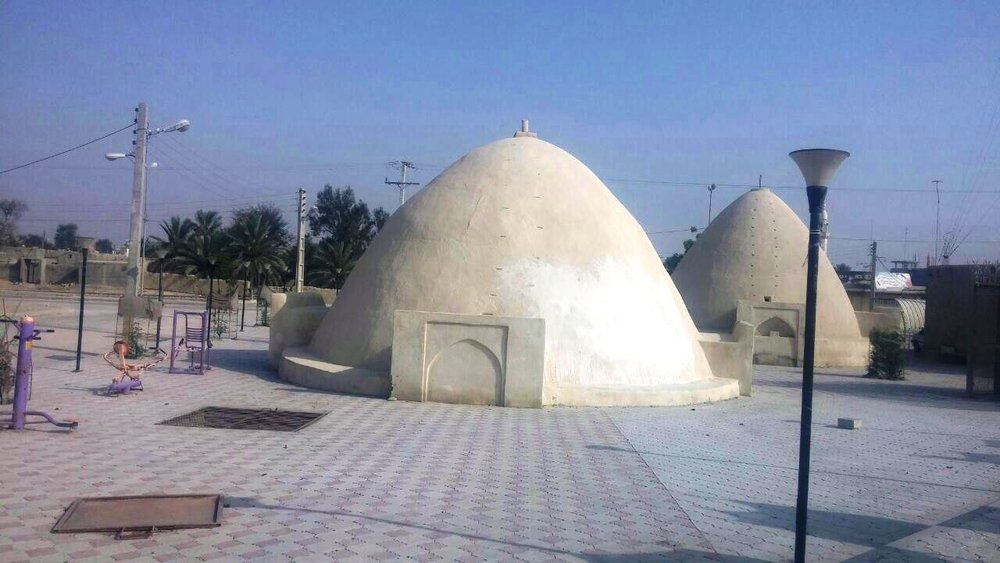Qeshm cisterns nominated for UNESCO prize

TEHRAN – An innovative approach to revive ancient water structures on the Persian Gulf island of Qeshm in southern Iran has been nominated for the 2017 UNESCO Prize on Education for Sustainable Development (ESD).
“The project attained the highest national rank in comparison to other pilot projects due to its comprehensive views that offer education about the sustainable development,” IRNA quoted the project manager as saying on July 5.
The scheme also entails revival of ponds and ancient ab-anbars -- water reservoirs and cisterns -- across the island, Mohammadreza Farzaneh added.
“Safeguarding potable water is of other goals the mission pursues yet it paves the way to pass the indigenous knowledge of building and conserving them for the future generations,” he explained.
The prize and award winners recognize the role of education in connecting the social, economic, cultural and environmental dimensions of sustainable development, according to the ESD.
Funded by the government of Japan, the prize consists of three annual awards of $50,000 for each recipient. It was awarded for the first time by the Director-General of UNESCO in November 2015.
The term ab-anbar is common throughout Iran as a designation for roofed underground water cisterns. It associates with water management system in arid areas that are reliant on permanent springs or on seasonal rain water.
PHOTO: Centuries-old cisterns on Iran’s Qeshm Island
AFM/MG
